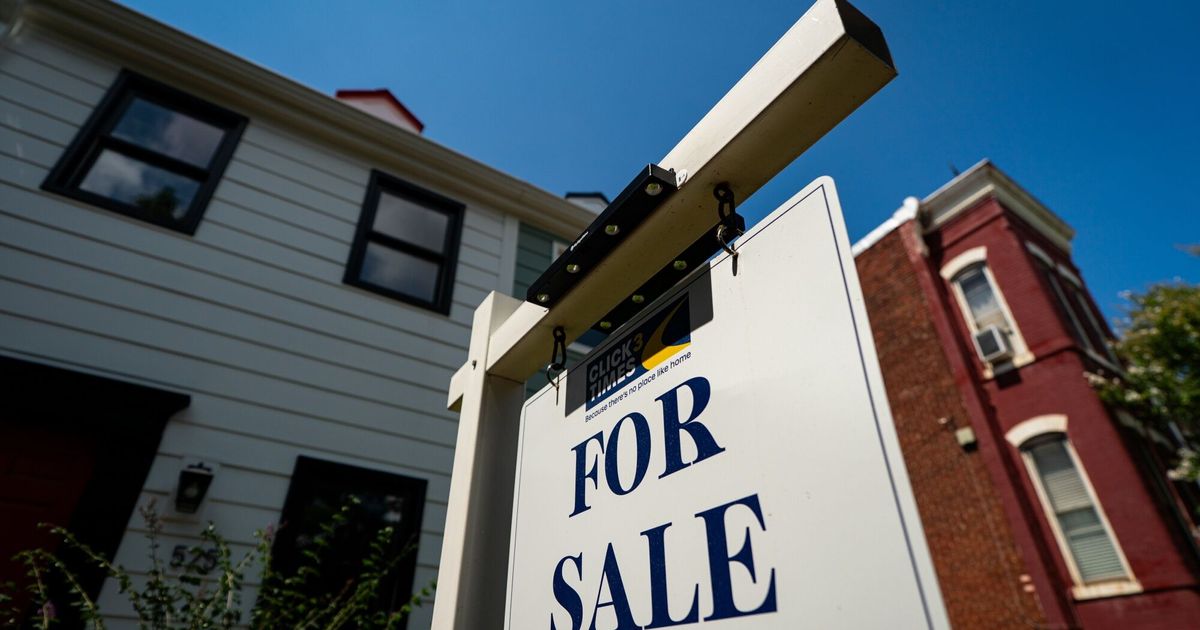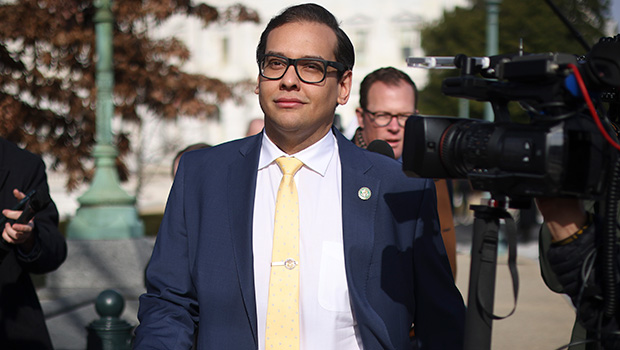When a new month rolls around, many tenants hurry to pay their rent on time. But in most cases, those timely payments aren’t helping build renters’ credit scores, a key element in securing a mortgage.
Some lawmakers in Olympia hope to change that by requiring Washington landlords, at a tenant’s request, to report the renter’s on-time payments to credit agencies.
As many people in Washington struggle to afford homeownership, the proposal represents a “very unique and promising opportunity,” sponsor Rep. Strom Peterson, D-Edmonds, told his colleagues at a recent committee meeting. High credit scores can help people secure mortgages, get better interest rates on all types of loans or find lower insurance premiums.
“If you have been paying your rent on time, that should reflect positively in your credit score,” Peterson said.
Landlords oppose the idea, saying it would add costs. Other observers are hesitant, worrying that rent reporting could hurt the lowest-income tenants.
Washington is just the latest to try to spur reporting rent to credit agencies. California passed a similar law for tenants of subsidized housing. Colorado approved a pilot program to test the idea with 10 landlords.
Meanwhile, a growing number of landlords nationwide are already reporting rental payments, some hoping that sharing payment information with credit agencies will encourage renters to pay on time. Many private third-party companies offer reporting for landlords or tenants, some reporting only on-time payments and some also reporting missed payments. In 2022, Fannie Mae launched a pilot program encouraging landlords to report on-time payments and help renters build credit.
The proposal under consideration in Olympia, SB 6212 and its companion bill HB 2323, would not require all landlords to report rental information, but would require landlords to report on-time rental payments to credit agencies at a tenant’s request. Tenants could stop the reporting at any time.
If a tenant missed a rent payment, that late payment would be considered notice that the tenant no longer wants to have their payments reported, the landlord’s “duty to report” to the credit agencies would end, and the tenant would not be eligible to have their rental payment information reported for the next six months, the bill says.
That language would not entirely prevent landlords from reporting late payments to credit agencies if they chose to, sponsor Sen. Sharon Shewmake, D-Bellingham, said in an interview. But supporters say the goal is to report on-time rent payments while not punishing renters who pay late.
Eviction records already reflect tenants who fall seriously behind on rent, Shewmake said during a recent committee meeting. “If they are asking for their rental payments to be reported, I don’t think that we should be dinging them if chaos happens … As we try [to] build people’s credits, we shouldn’t also make it harder because of a single late payment.”
Like many other renters, state employees can struggle to access homeownership, in part because of the need to build up a high credit score, said Mike Yestramski, president of the Washington Federation of State Employees, which represents roughly 48,000 workers and is advocating for the bill.
“Whether we like that system or not, the reality is our credit score affects so much of what we can do, what we can purchase, where we can live,” Yestramski said.
Republican lawmakers and landlords balked at the proposal, arguing that reporting rental payments adds extra costs for property owners. Because reporting to credit agencies is complex, most landlords would likely need to hire third-party services, whose costs can vary.
“This is just another cost … I don’t have the resources — or can’t justify — spending this,” Seattle landlord Bruce Becker told lawmakers. Some opponents argued tenants can build credit in other ways, like by buying a car.
Republican lawmakers also took issue with reporting only positive payment history.
Sen. Chris Gildon, R-Puyallup, unsuccessfully tried to add reporting of late payments “to ensure that if we’re going to report rental payments to the credit reporting agencies, that we tell them the truth.”
Reporting only on-time payments could lead credit agencies to stop considering rental data altogether, said Chris Dukelow, co-founder of CredHub, a Spokane-based company landlords can pay to report tenants’ on-time and late payments to credit agencies.
Landlords typically sign up for the service because they believe tenants will be more likely to pay rent on time when their payments are reported to credit agencies, Dukelow said in an interview. The company currently reports about 20,000 Washington residents’ rental information. Some landlords pay for the service and others pass the cost on to tenants.
The credit reporting agency Equifax already requires rental data to include on-time payments and those that are 30 days late, and Dukelow believes others could follow with similar requirements.
“If you dilute the information, it’s going to end up not benefiting anyone,” he said.
But when landlords report missed rent payments, low-income renters already struggling to make ends meet are most likely to suffer, said Chi Chi Wu, a senior attorney with the National Consumer Law Center. “Landlords, if they ever see anything negative about rent reporting, it’s like the kiss of death for the tenant. They’re never going to be able to find a decent, good, affordable unit again.”
Even when property managers report only on-time payments, a tenant’s future landlords or lenders “could make assumptions once they see that reporting has stopped,” Wu said in an interview.
Other programs offer safer options, Wu said, such as platforms in which tenants allow lenders to look at bank account data to show their rental payment history.
“We want to be cautious about [rent reporting],” Wu said. “This has the potential of helping some people, yes, but it also has the potential of hurting others … We don’t want them to be hurt so a few folks at the top can get a mortgage.”
Supporters say the bill’s reporting requirement relies on tenants opting in because they want their payments reported. “You can opt out if you decide for whatever reason it’s not working for you,” Yestramski said.
Lawmakers are still working on details of the bill, including possibly limiting the rule to only larger landlords, Shewmake said in an interview. The legislative session is set to end March 7.
















